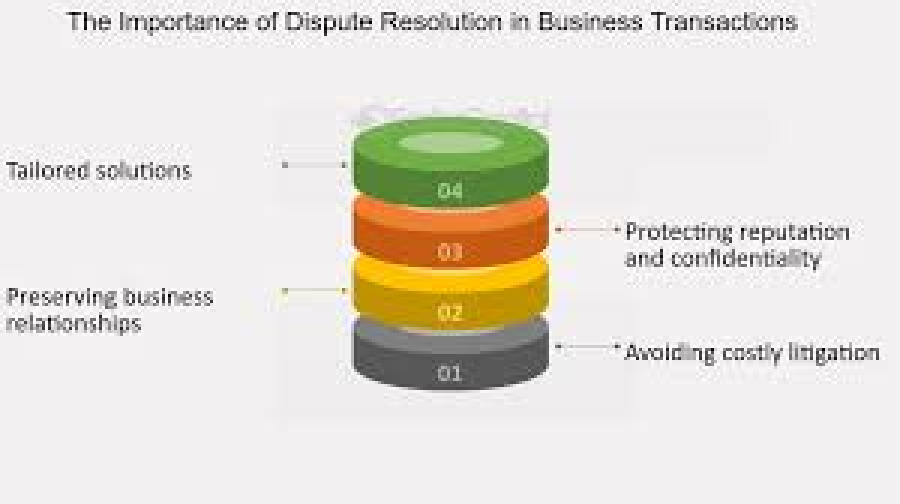FreelancerBridge Dispute Resolution: How It Works
Disputes are an inevitable part of freelancing, but resolving them efficiently ensures the trust and satisfaction of both clients and freelancers. At FreelancerBridge, we prioritize transparent and effective dispute resolution to maintain harmony and professionalism within our freelance community.
FreelancerBridge Dispute Resolution: How It Works
Disputes can arise for various reasons in freelancing, including disagreements over deliverables, missed deadlines, or payment issues. A reliable dispute resolution system is essential to protect both freelancers and clients while maintaining the integrity of the platform. FreelancerBridge is committed to providing a fair and transparent process that ensures the best outcomes for all parties involved.
1. Understanding Disputes on FreelancerBridge
- Common Reasons for Disputes:
- Miscommunication about project scope or deliverables.
- Failure to meet deadlines.
- Payment discrepancies.
- Objective: To resolve disputes impartially while maintaining trust within the community.
2. Steps in the FreelancerBridge Dispute Resolution Process
Step 1: Initiating the Dispute
- Either the freelancer or client can initiate a dispute through the platform’s dashboard.
- The initiator must provide detailed information, including:
- The nature of the dispute.
- Supporting documents (contracts, communication logs, etc.).
Step 2: Review by a Mediator
- A trained mediator from FreelancerBridge reviews the submitted dispute.
- The mediator ensures both parties are heard by:
- Analyzing submitted evidence.
- Facilitating discussions between the freelancer and client.
Step 3: Resolution or Escalation
- Resolution: The mediator proposes a solution acceptable to both parties.
- Escalation: If no agreement is reached, the case may be escalated to arbitration for a final decision.
Step 4: Final Decision
- An arbitrator evaluates the case and issues a binding decision.
- The platform ensures compliance with the arbitrator’s decision to close the dispute.
3. Best Practices for Avoiding Disputes
For Freelancers:
- Clearly outline project deliverables and timelines before starting.
- Maintain regular communication and updates with clients.
- Use secure payment milestones offered by FreelancerBridge.
For Clients:
- Provide detailed project briefs to avoid misinterpretations.
- Approve milestones promptly to maintain workflow.
- Respect freelancers' expertise and professionalism.
4. Benefits of FreelancerBridge’s Dispute Resolution System
- Fair and Transparent: Ensures unbiased handling of cases.
- Time-Efficient: Provides timely resolutions to avoid project delays.
- Community-Friendly: Builds trust and accountability within the platform.
5. Why Choose FreelancerBridge for Freelancing?
- Comprehensive dispute resolution ensures peace of mind for both freelancers and clients.
- Robust support systems to assist in communication and issue resolution.
- A platform that prioritizes professional ethics and trust in freelancing relationships.
Conclusion
Disputes don’t have to derail your freelancing career. With FreelancerBridge’s transparent and fair dispute resolution process, both freelancers and clients can navigate challenges confidently and focus on building successful collaborations. Join FreelancerBridge today to experience a freelancing platform that genuinely cares about your success.


 by Emily
by Emily




